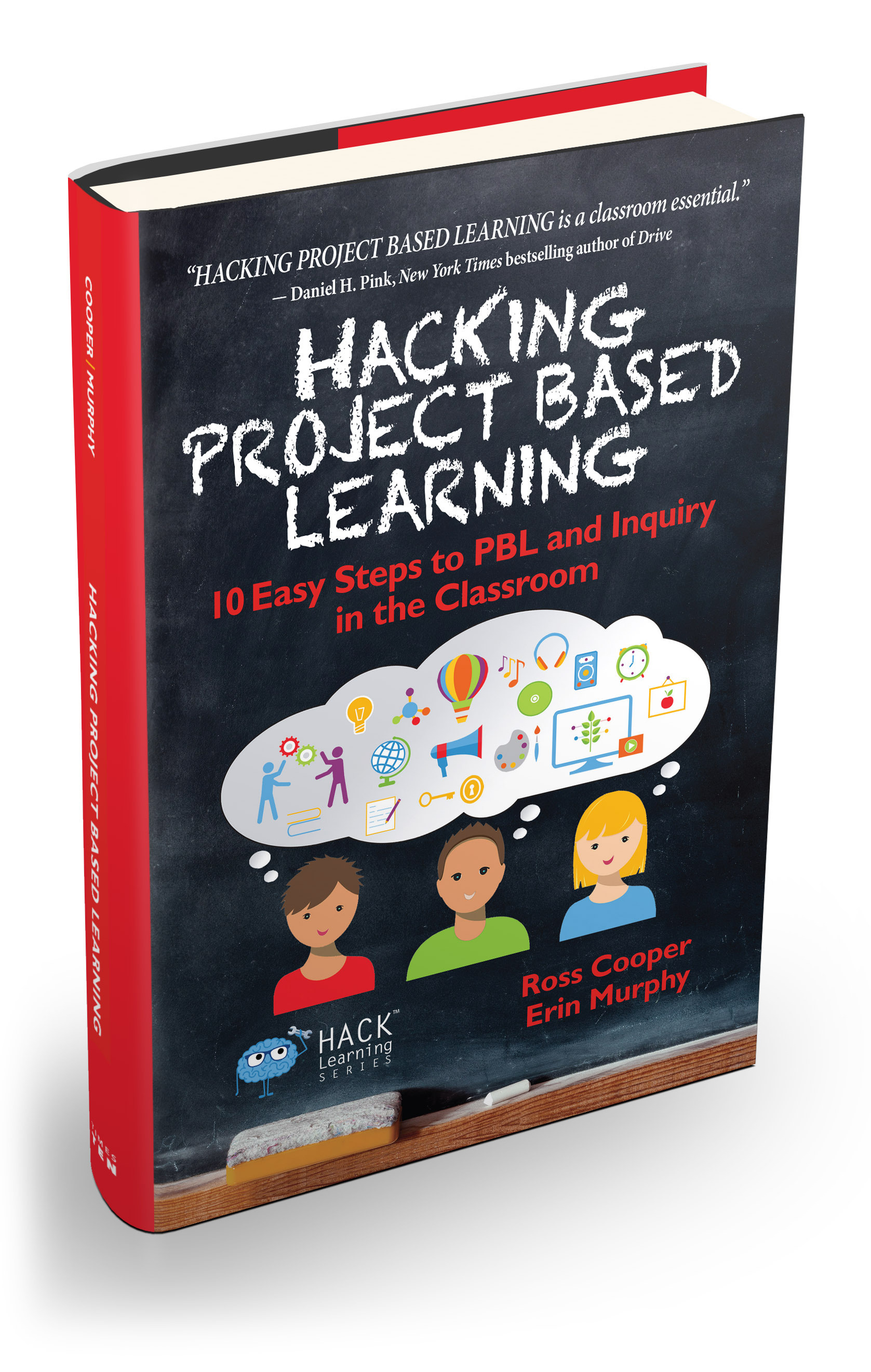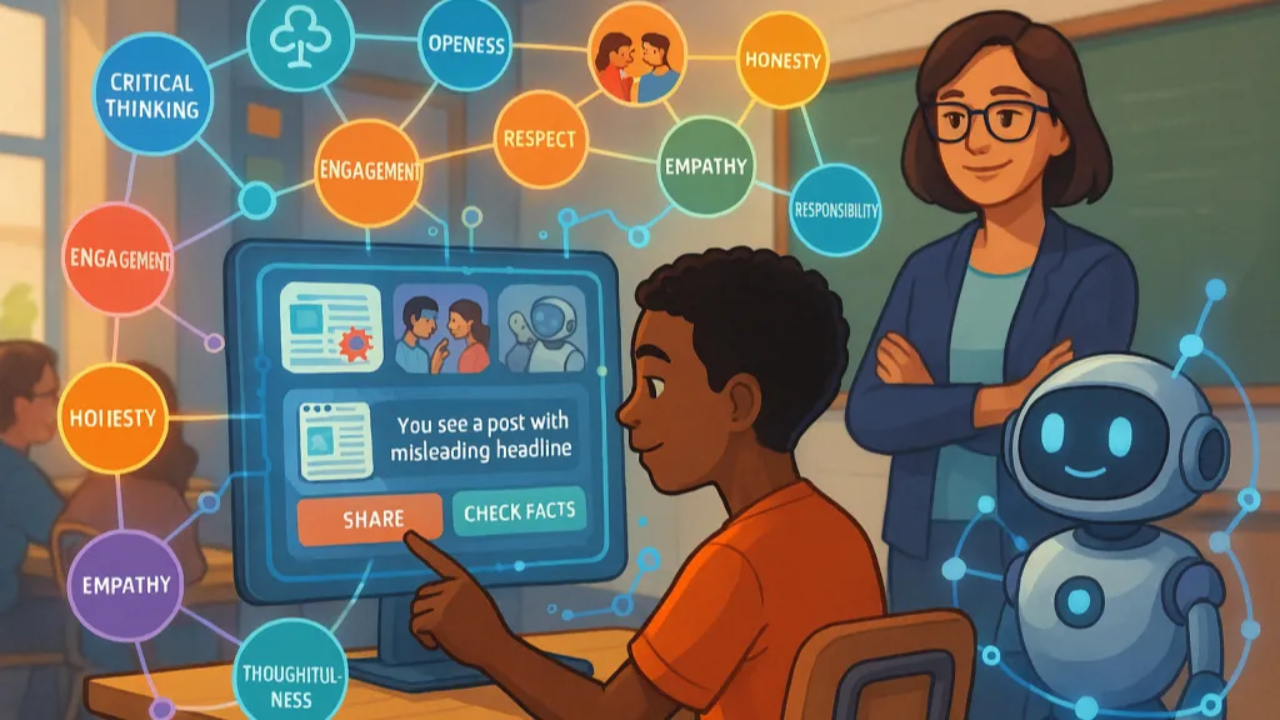If We Expect Students to Collaborate, We Must Teach Them How
Mar 07, 2020
Collaboration is tough for adults and even tougher for kids. Want to teach collaboration more efficiently? Try this:
THE HACK: TEACH COLLABORATION SKILLS
Friction is the key to creating a quality outcome. We are remiss if we are not demonstrating for our students how to use dissonance for reflection and refinement.
Collaboration should lead to something, not always a tangible product, but something. What is the purpose? Establishing this something is key to creating a collaborative team. If we expect students to collaborate, we must teach them how.
This explicit instruction goes beyond kindergarten lessons on learning to share and truly transcends grade level.
What You Can Do Tomorrow
- Pre-assess. It is imperative that you do not make assumptions about students’ abilities to collaborate based on their age or the types of classes in which they are enrolled. To determine where you need to start with your instruction on collaboration, pre-assess your class. You can gather this information by asking your students to reflect on past experiences or by observing students while they work together.
- Curate. Locate examples of collaborative experiences. A quick Google search will return an abundance of videos you can use as exemplars. Curate resources such as YouTube clips from popular sitcoms or education-specific videos found on the Teaching Channel to immerse your students in dialogue about collaboration. While doing so, students can uncover what effective collaboration should and should not look like in the classroom.
- Collaborate. When was the last time you engaged in a quality, collaborative experience? The next time you are in a planning meeting or workshop, tune into the collaborative skills used by those in the room. These skills may include: discussion skills, body language, transitions organization strategies, etc. You will have more to offer your students if you are well versed in collaboration.
Thanks to Ross Cooper and Erin Murphy for giving us this hack, excerpted from -- a book that is helping teachers and leaders reimagine PBL and Inquiry in classes around the world.







